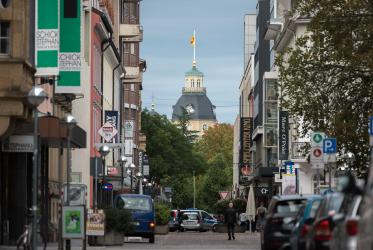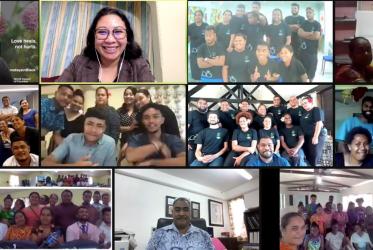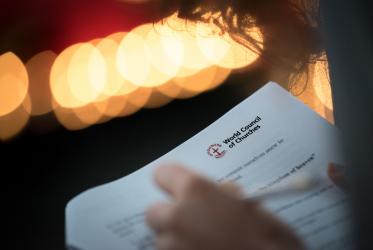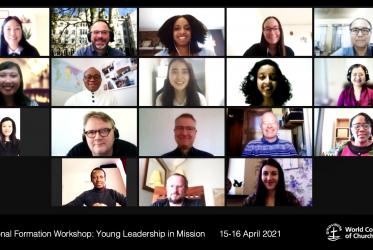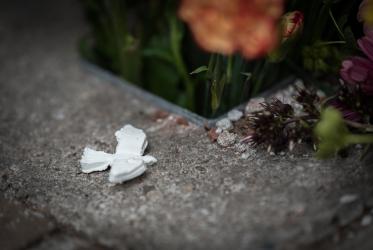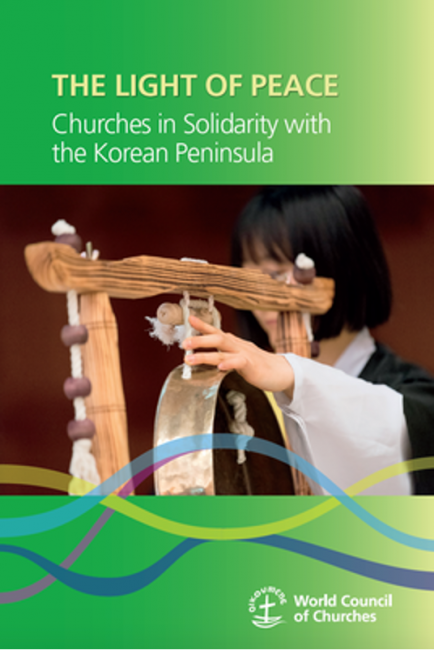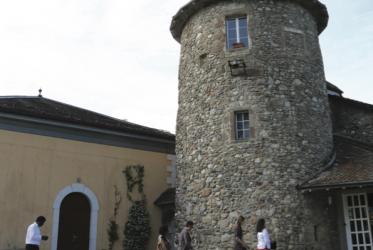Displaying 21 - 40 of 78
26 November 2021
Rev. Dr Hans-Ruedi Weber dies at 97
29 October 2020
WCC welcomes new staff
11 February 2020
In Japan, indigenous and ecumenical youth call for action against racism
12 September 2019
Bossey transforms the life of ecumenical students
29 January 2019
#WCC70: Children in the Ecumenical Movement
20 December 2018
